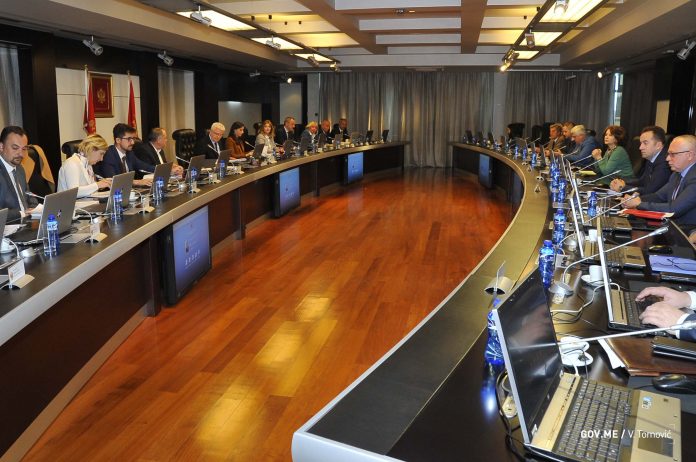Podgorica, (MINA) – All religious buildings that were property of the state of Montenegro before the loss of its independence and merging into the Kingdom of Serbs, Croats and Slovenes in 1918, and which subsequently did not become the property of a religious community in the proper legal way, will be recognized as state property.
This is envisaged by the Draft Law on freedom of religion or belief and legal status of religious communities that the government passed at the Thursday session.
According to the government’s PR Bureau, this draft law provides for the equal obligations and rights of all religious communities operating on the territory of Montenegro and resolves in a clear and transparent manner the issue of state property.
It is stated that if a religious community has evidence that it has become the owner of some property on the basis of former or current regulations, the state will recognize and respect that, and where there is no such evidence, it will be enlisted as cultural heritage, that is, as the state property of Montenegro.
During the discussion on the Draft law, Prime Minister Dusko Markovic emphasized the historical significance of this legal act.
“After the restoration of independence, and after full international affirmation of Montenegro through membership in the Euro-Atlantic family of modern Western democracies, it is our duty to fully establish the cultural and civic identity of our country. To this end, this law is extremely important”, said Markovic.
He added that by this law every citizen of Montenegro is guaranteed the freedom to be or not to be a believer of any religion, whereby the state protects the property and cultural goods belonging to all citizens and ensures that the laws of Montenegro apply equally on the whole territory of Montenegro.
According to the press release, the Draft law is in line with the highest international standards, starting from the United Nations’ conventions in this area, the European Convention on Human Rights with accompanying practices of the European Court of Human Rights, and the Guidelines of the Venice Commission and the OSCE/ODIHR.
The Draft law will be forwarded to the Venice Commission prior to its adoption in the Parliament of Montenegro.Longer version of article is available on a link MINA ENGLISH SERVIS
























